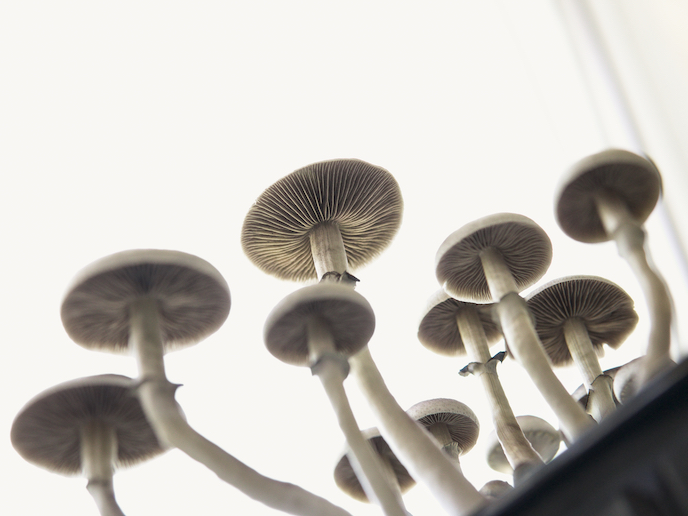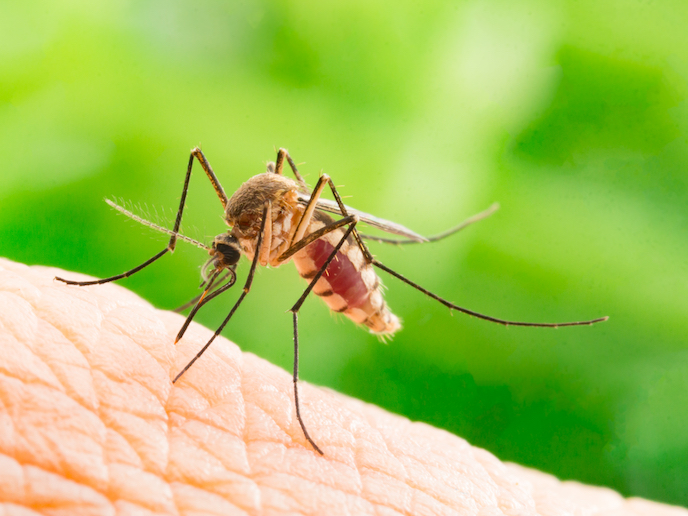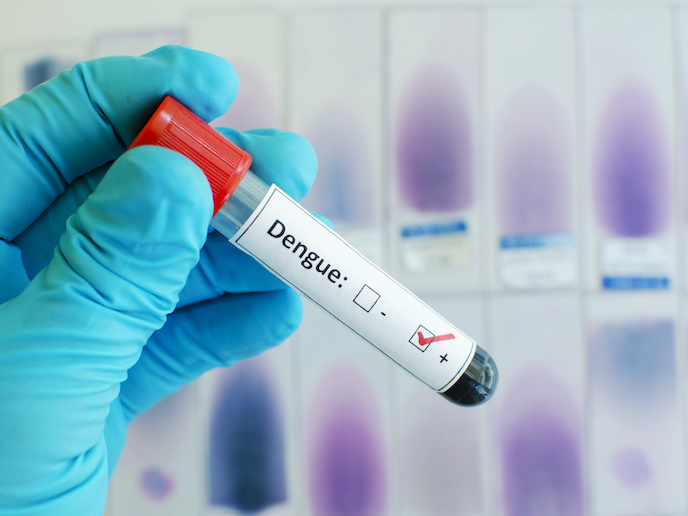A kind of magic? Harnessing the potential of psychedelics
“Of inestimable value to everyone”, philosopher Aldous Huxley wrote of the mescaline experience in ‘The Doors of Perception’(opens in new window), published in 1954. From psychotherapy and other medical uses, to wider applications for mental well-being: a large-scale investigation of the potential benefits of psychedelics has been a long time coming. The 1971 UN Convention on Psychotropic Substances(opens in new window) classified many psychedelics as drugs with no acceptable medical uses representing a serious health risk. Since then, these substances have made a comeback in public debate. How can we create the right conditions in Europe for harnessing the potential of psychedelics while minimising risks linked to their ab/use? To help answer this question, the ReMedPsy project(opens in new window) aimed to transfer insights from the United States, the country currently at the forefront of psychedelic research. Medical uses formed the starting point of the project, undertaken with the support of the Marie Skłodowska-Curie Actions(opens in new window) programme. As a member of a Harvard Radcliffe Institute(opens in new window) working group, ReMedPsy contributed to an agenda for psychedelic-assisted therapy research(opens in new window) in patients with serious illness. The working group was able to identify concrete opportunities for improving research through education and certification for therapists, through regulations and funding, and through more diversity and inclusion. “Psychedelic-assisted psychotherapy represents a considerable public health opportunity to tackle forms of mental distress ranging from PTSD to anxiety, depression and addiction,” says lead researcher Claudia Schwarz-Plaschg from the University of Vienna(opens in new window) which hosted the project.
Collective visions
The project’s scope quickly extended beyond medical applications. It went on to identify four pathways to harness the societal benefits of psychedelics, referred to as ‘socio-psychedelic imaginaries’. “These collective visions are set out so psychedelics can be legally and responsibly reintegrated into society,” Schwarz-Plaschg explains. He highlights the role of civil society in driving these changes. “It turns out that socio-psychedelic preconceptions ‘imaginaries’ can be behind the politically motivated prohibition of psychedelics.” The biomedicalisation ‘imaginary’ aims to make psychedelics legally accessible through state-regulated systems for medical uses. The decriminalisation ‘imaginary’ envisions a society where growing, using and sharing naturally occurring, and to some extent synthetic, psychedelics is no longer actively pursued by law enforcement. The legalisation ‘imaginary’ refers to personal or group use in regulated, licensed contexts outside of the biomedical system. Finally, the sacramental ‘imaginary’ reframes certain plant or fungi-based psychedelics as religious sacraments, by arguing for the free exercise of religions under relevant American legislation. A regulation protecting the use of peyote as a sacrament by the Native American Church was adopted in the 1960s, and later strengthened through further exemptions. "There are concrete examples of initiatives, policies and legislation driven by each of these ‘imaginaries’," Schwarz-Plaschg notes. Schwarz-Plaschg underscores the need for combining different approaches and thinking beyond purely medical applications to minimise risks and maximise benefits. “Any use context that guarantees substance quality as well as adequate preparation, guidance during, and integration of psychedelic experiences could in principle be beneficial to society.” She believes European decision makers would be well advised to step up funding and remove regulatory hurdles to deliver the multidisciplinary research needed to obtain a full understanding of these effects.







